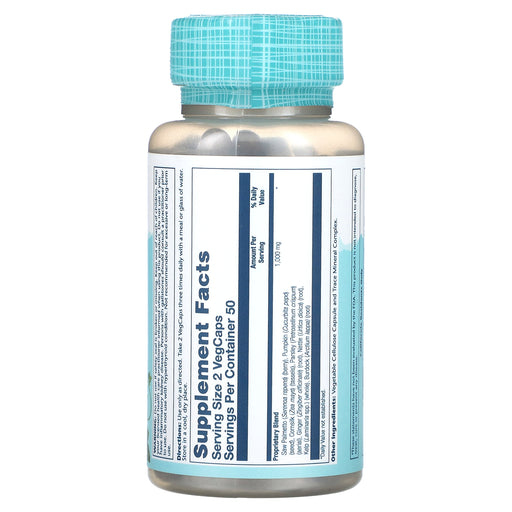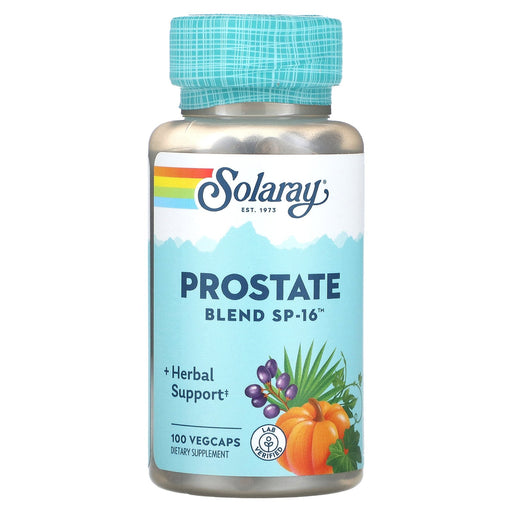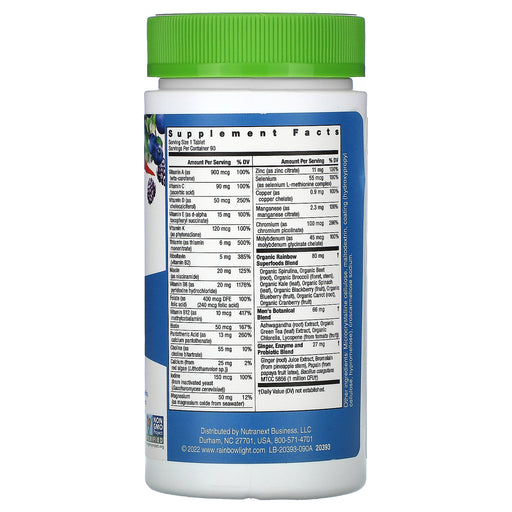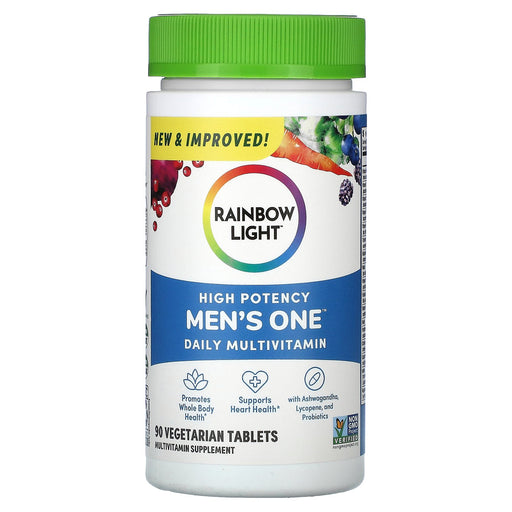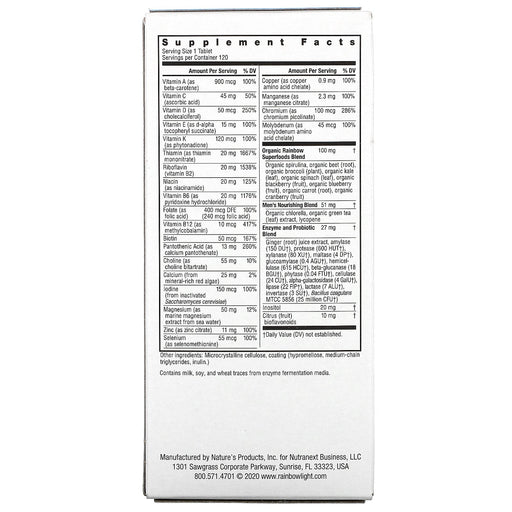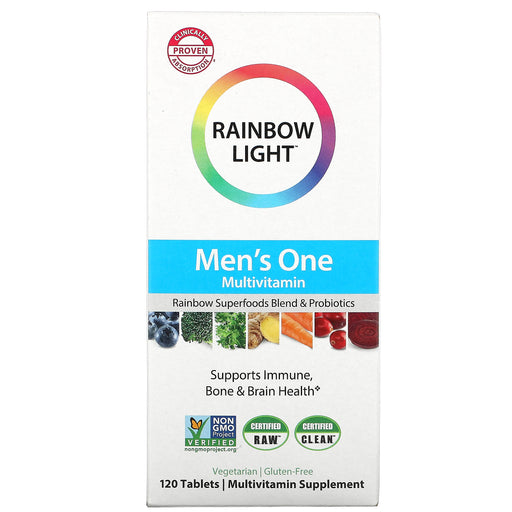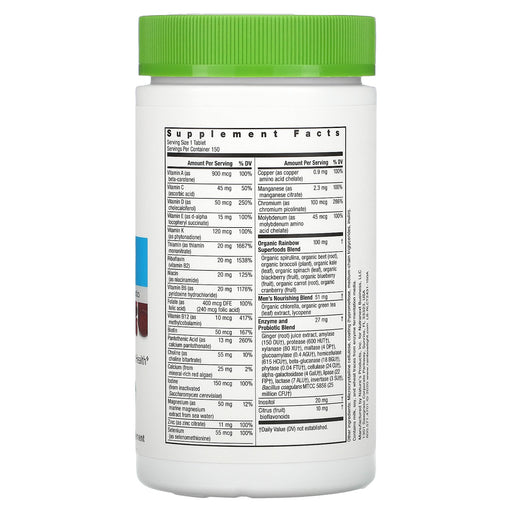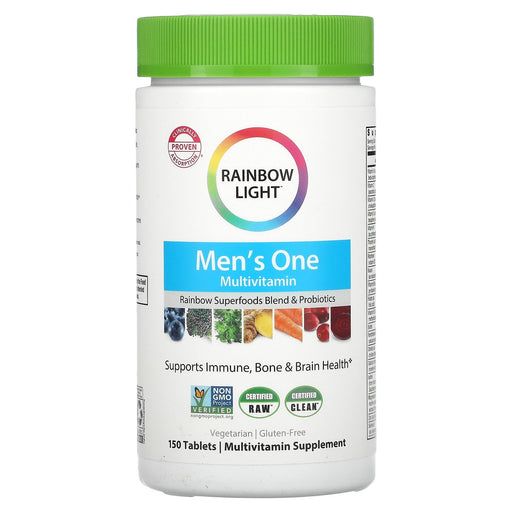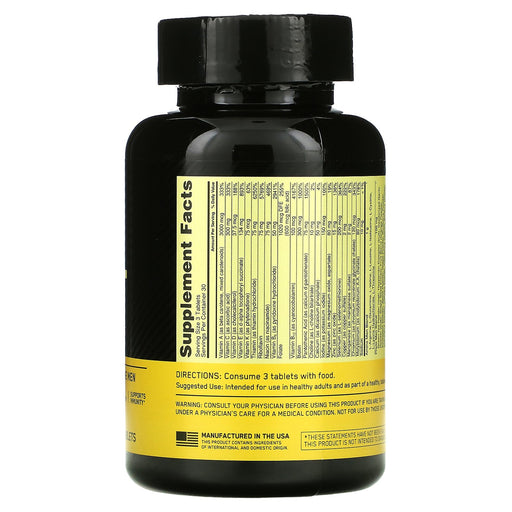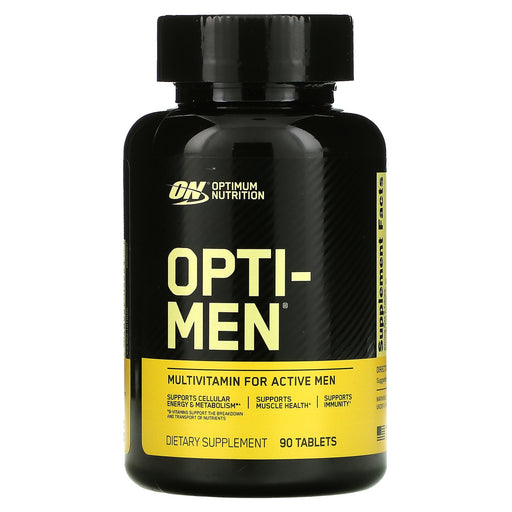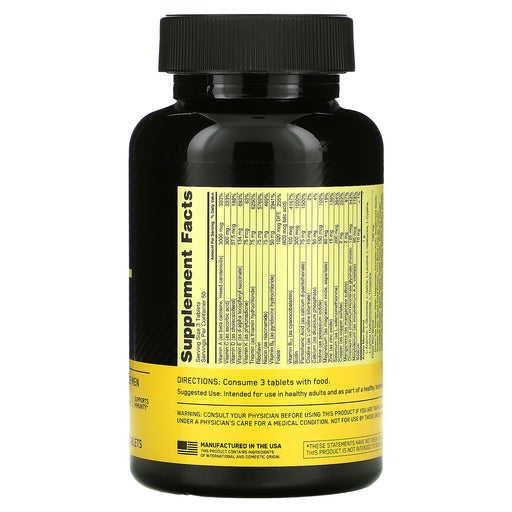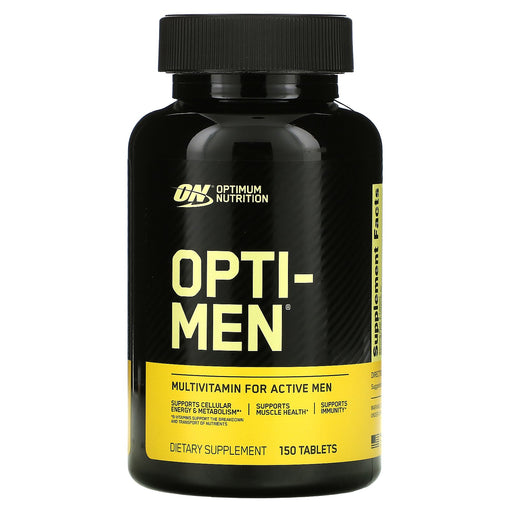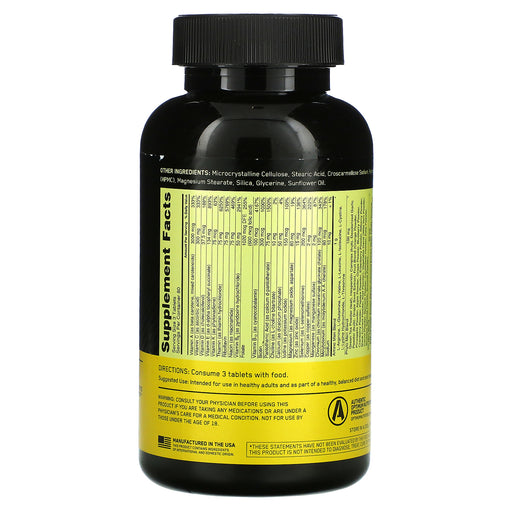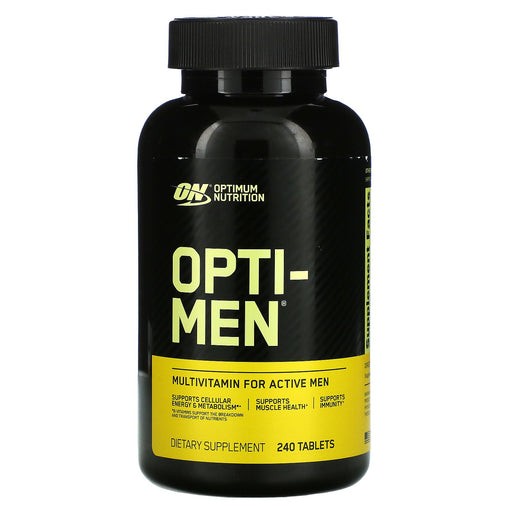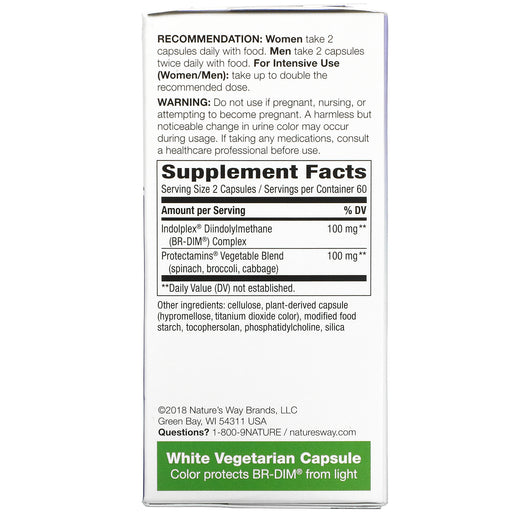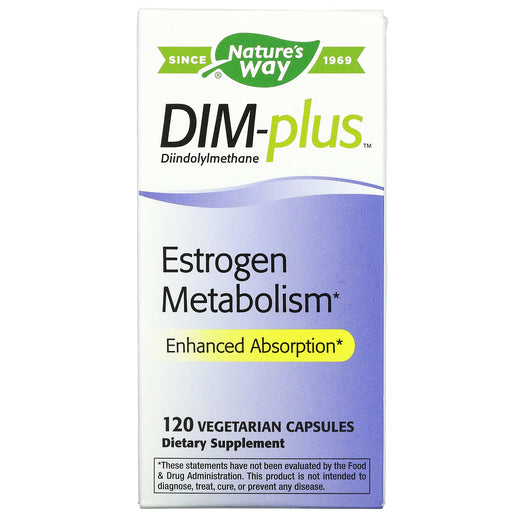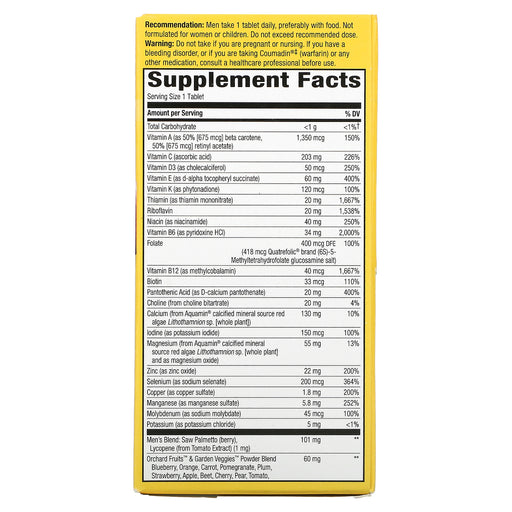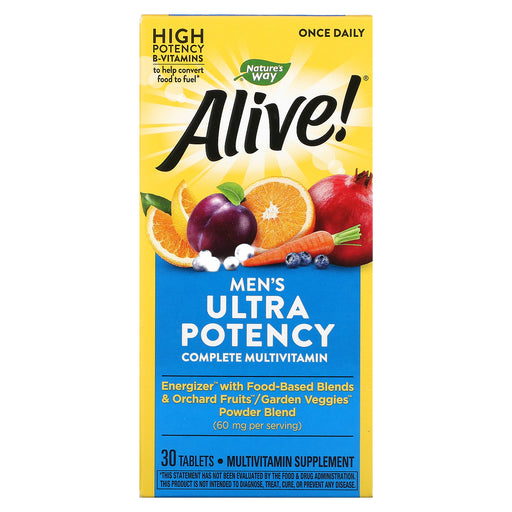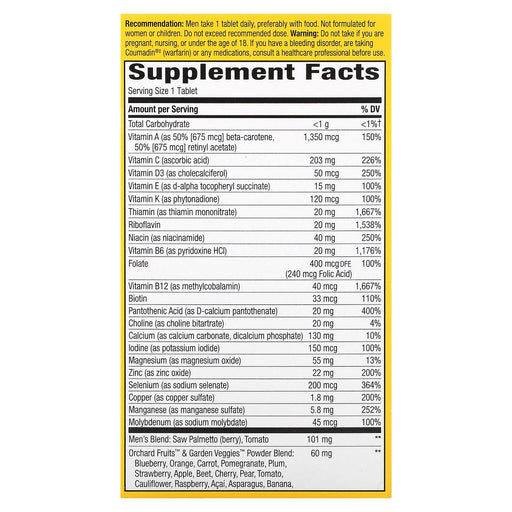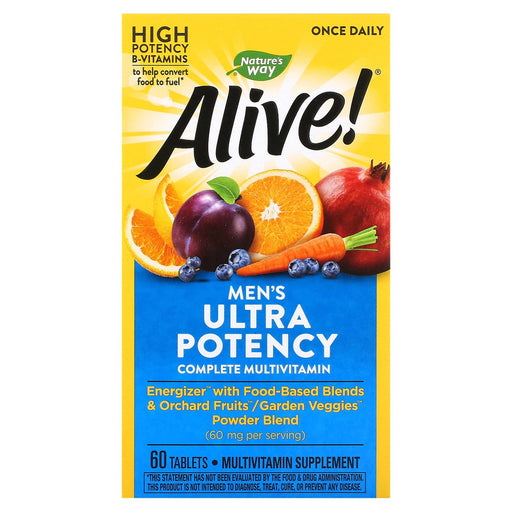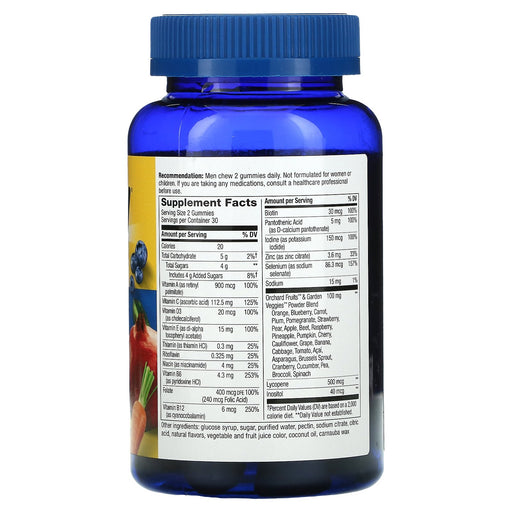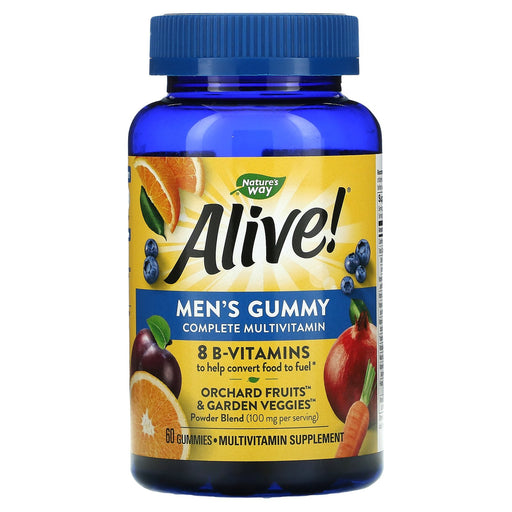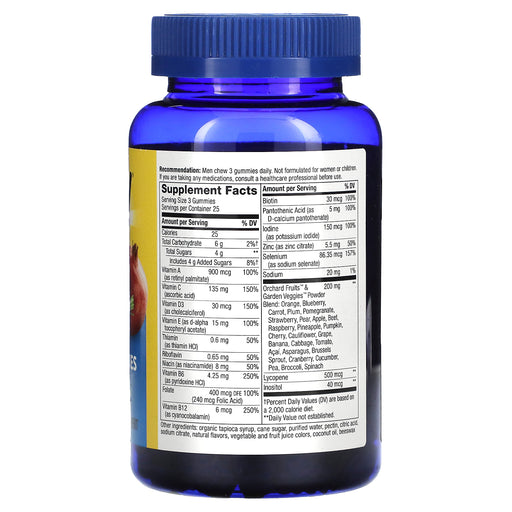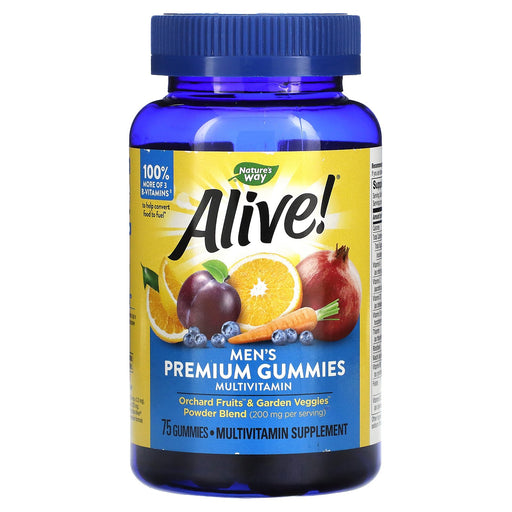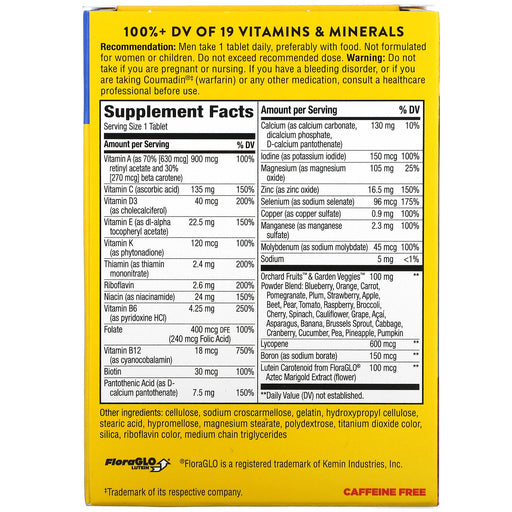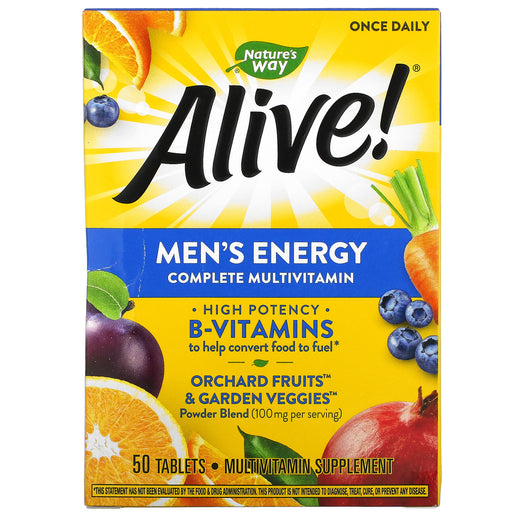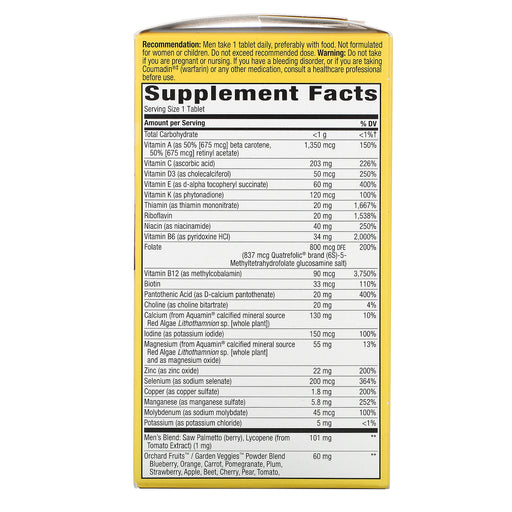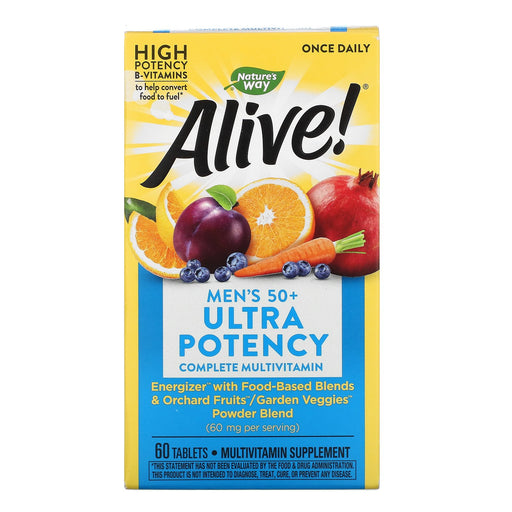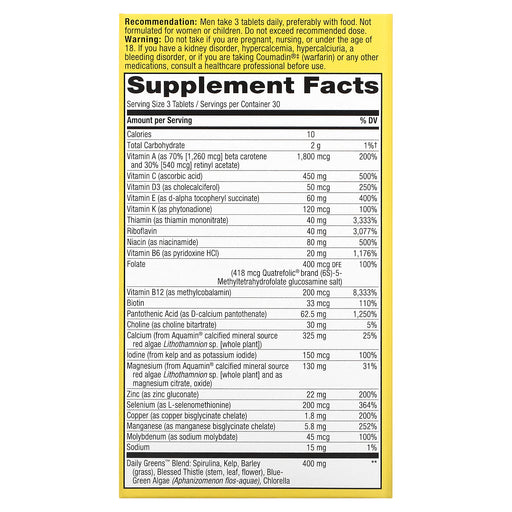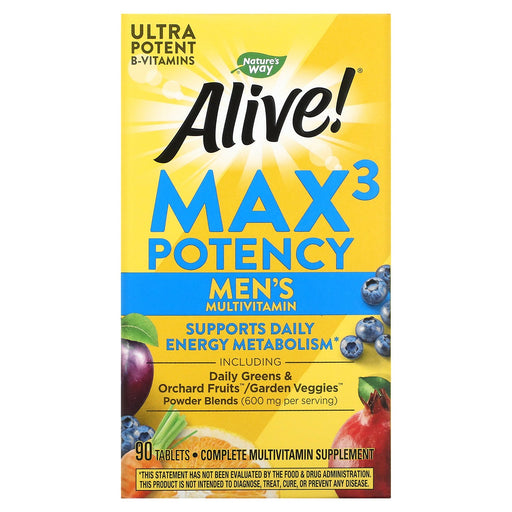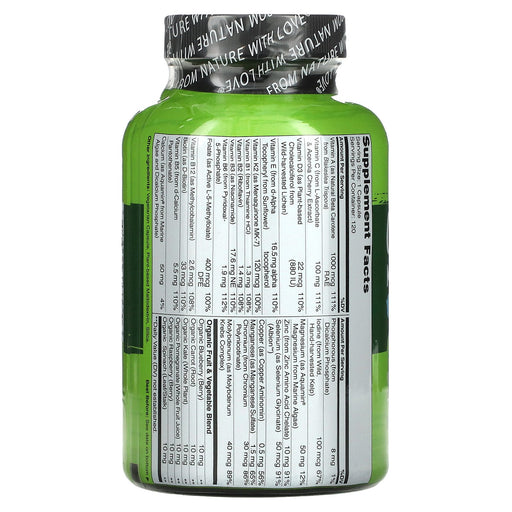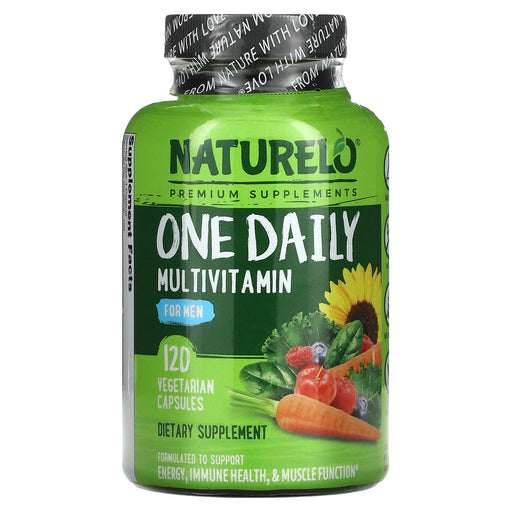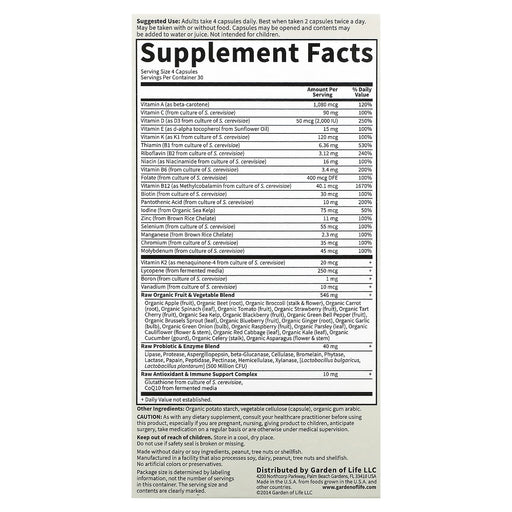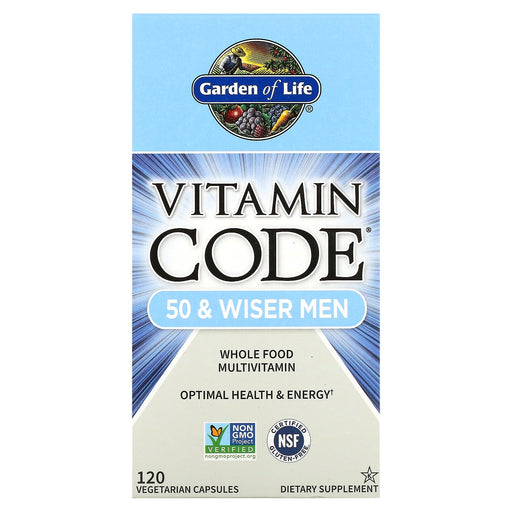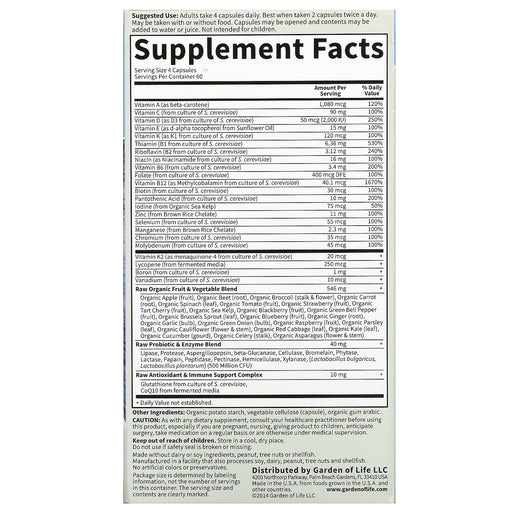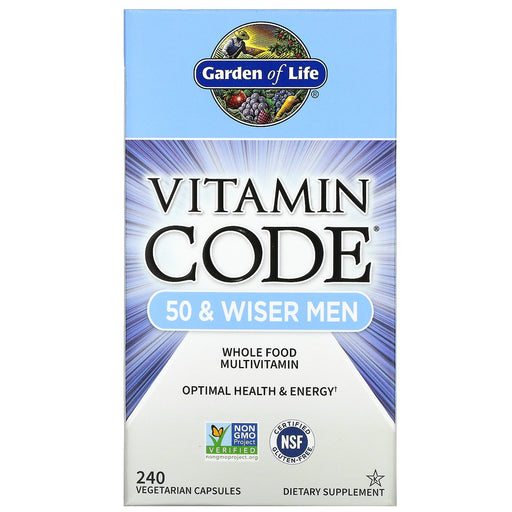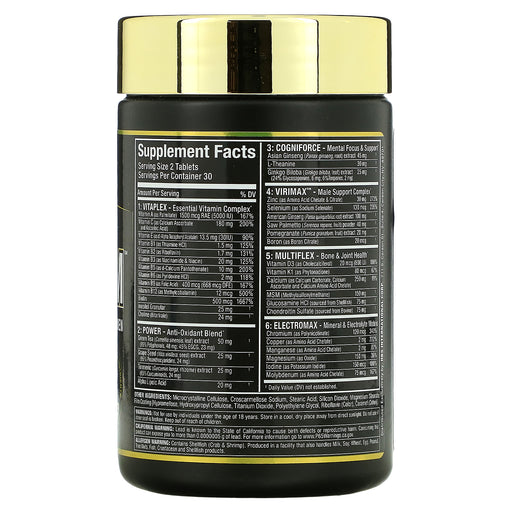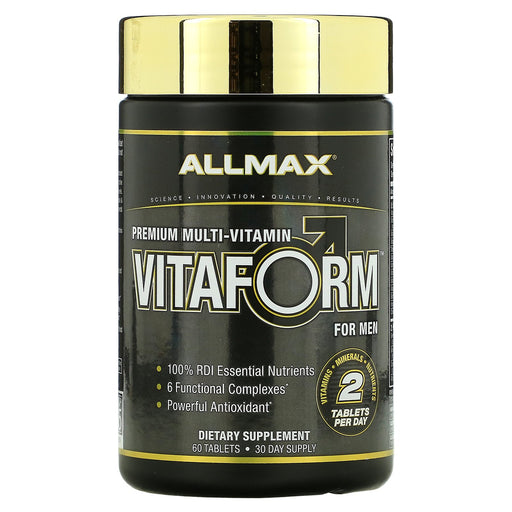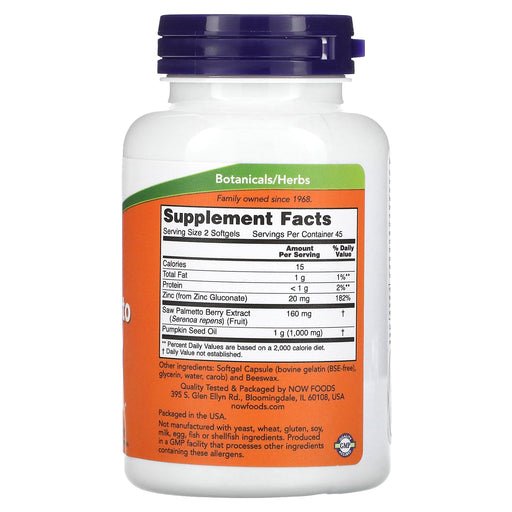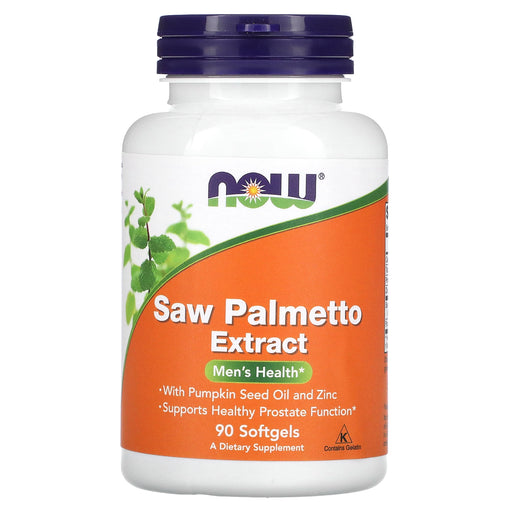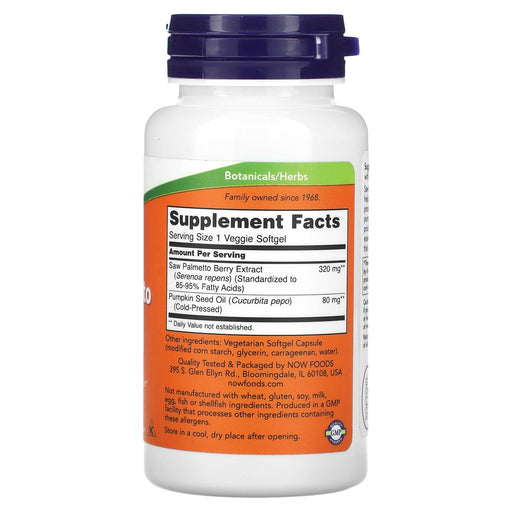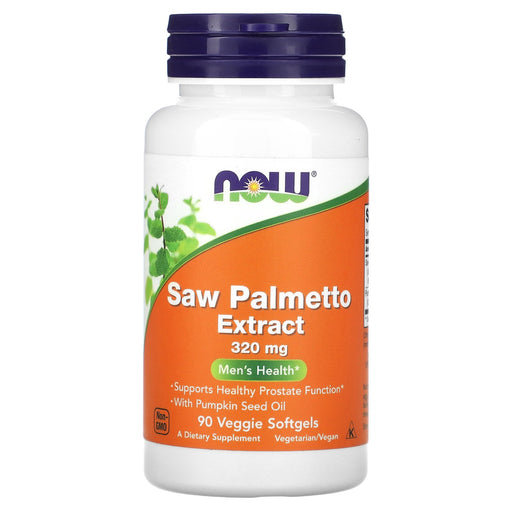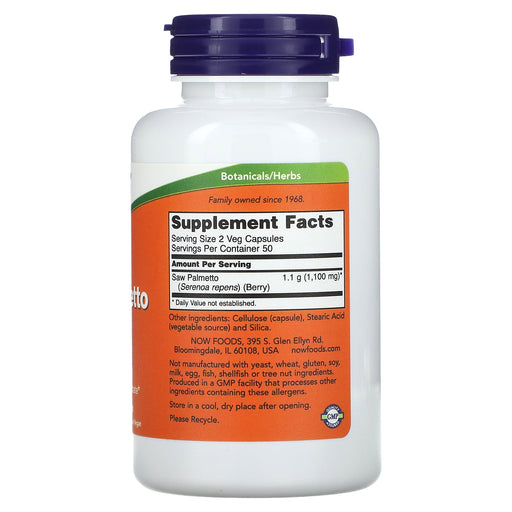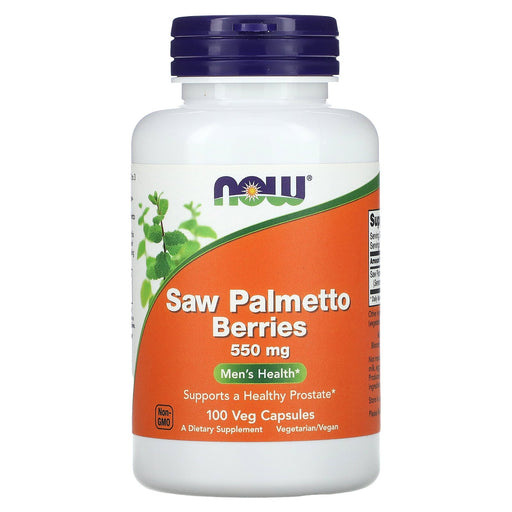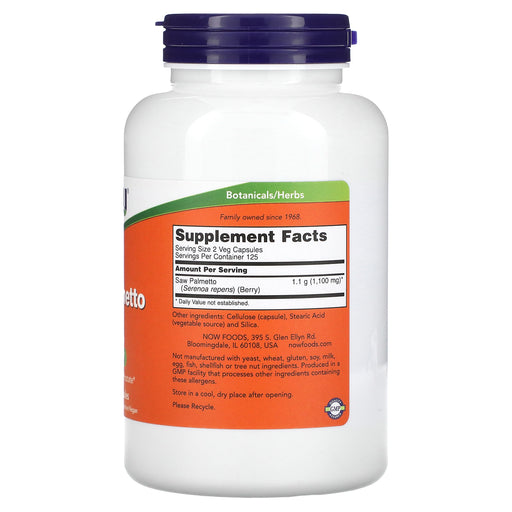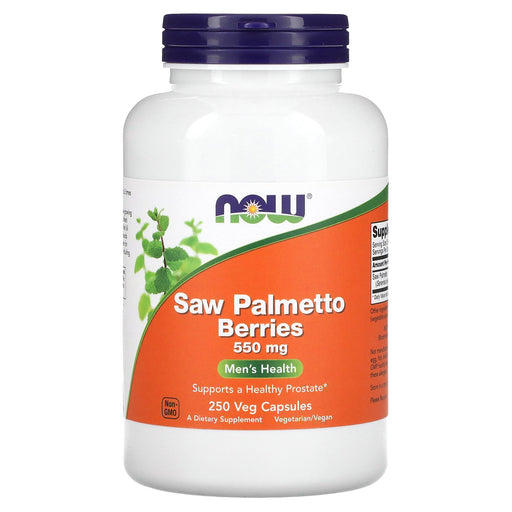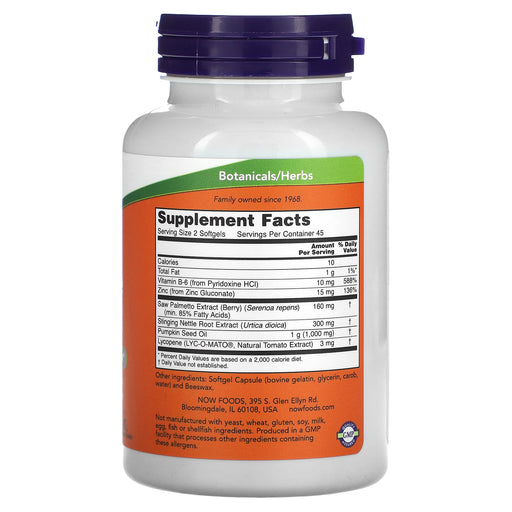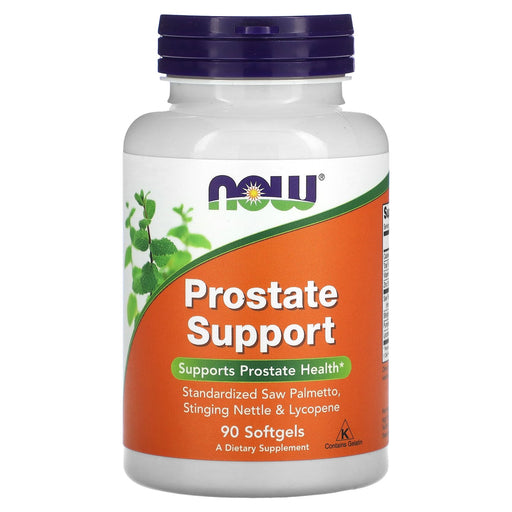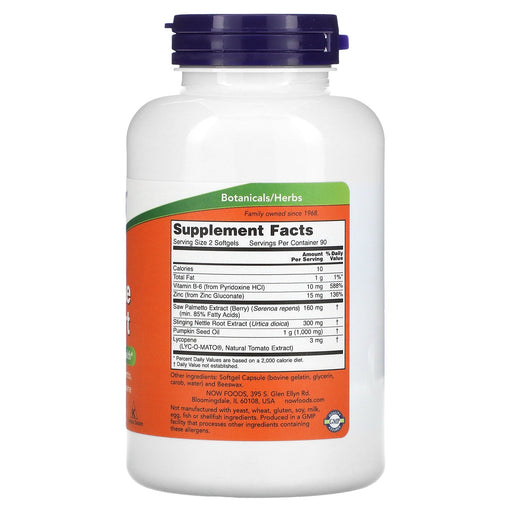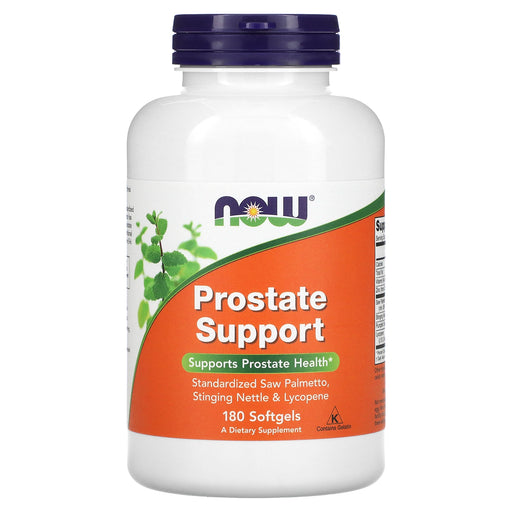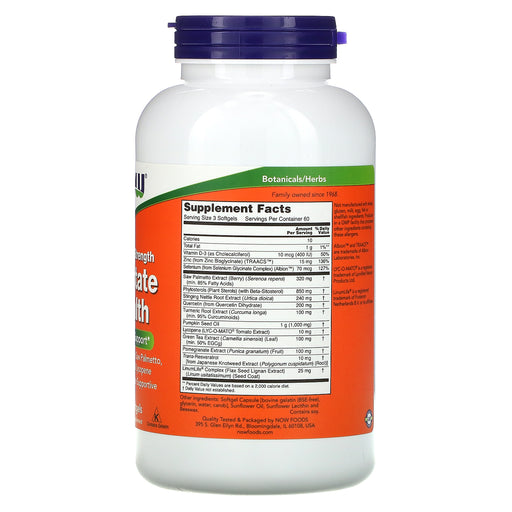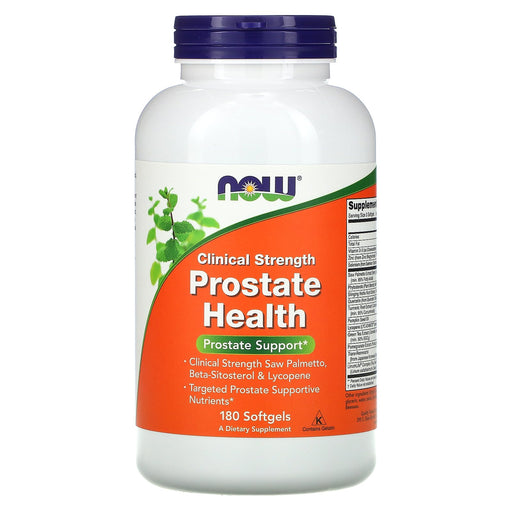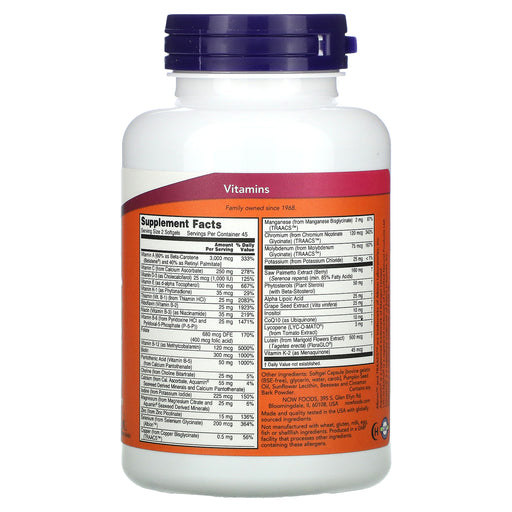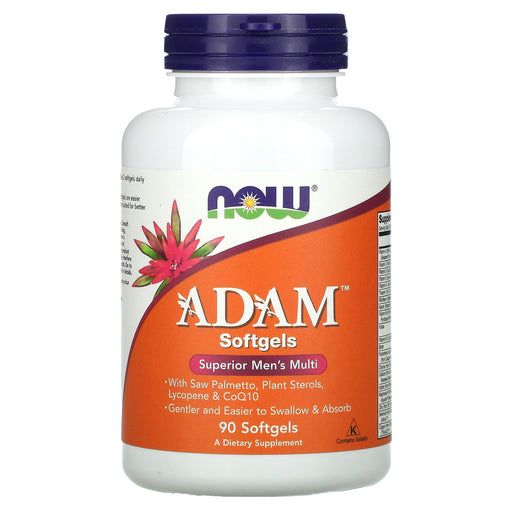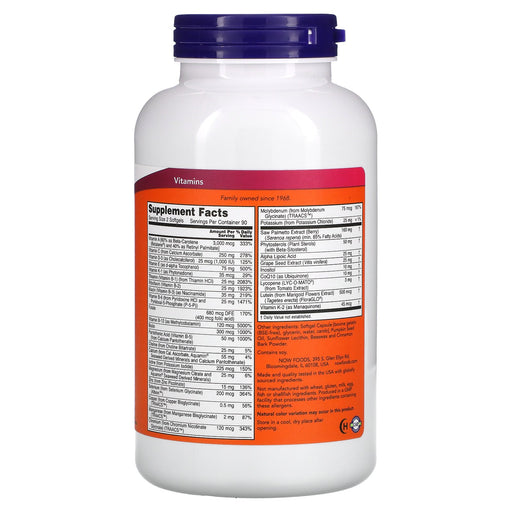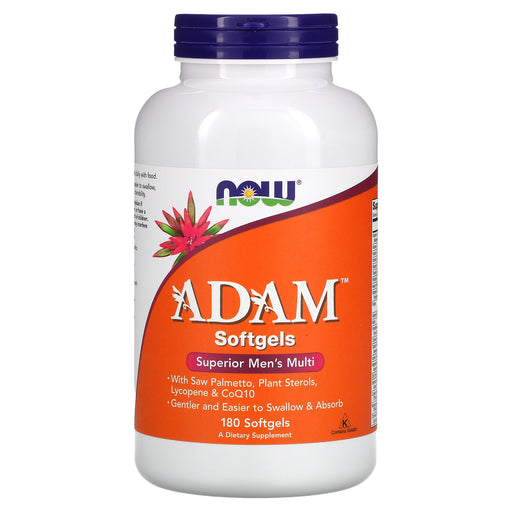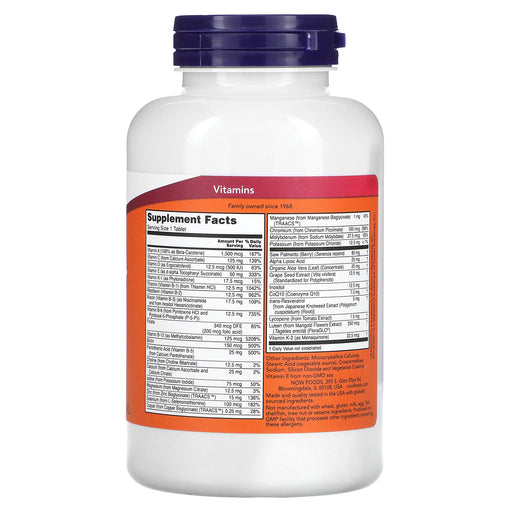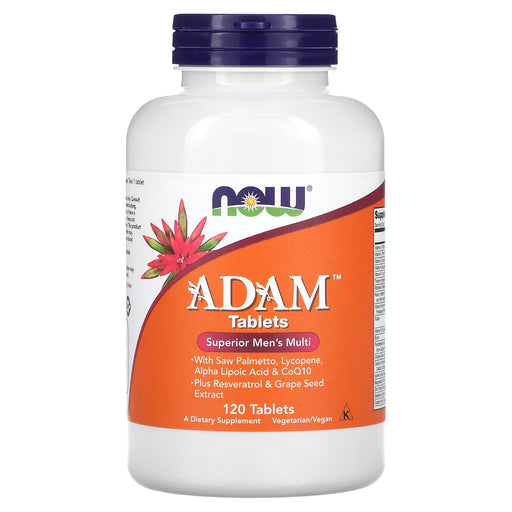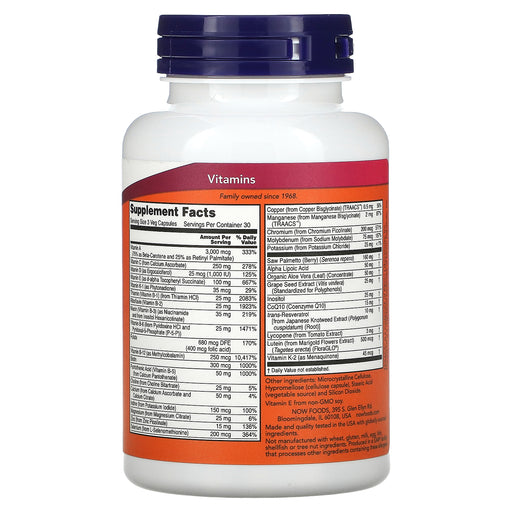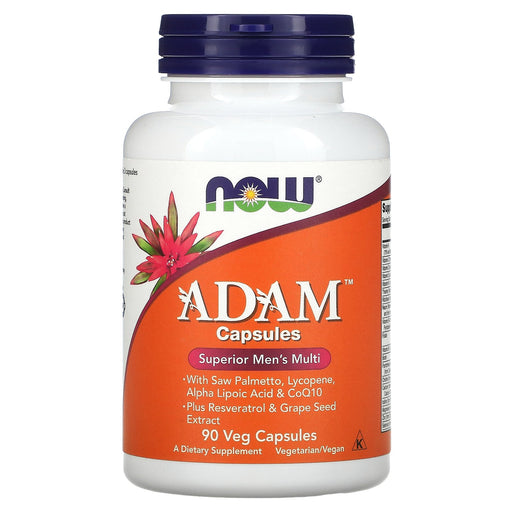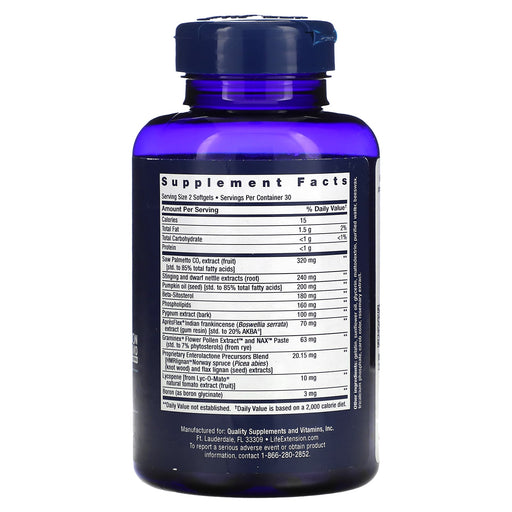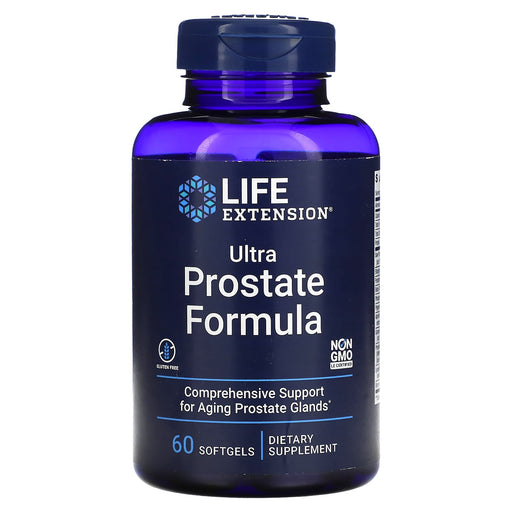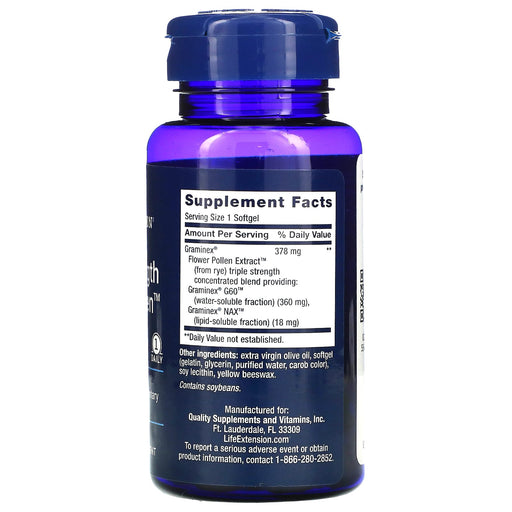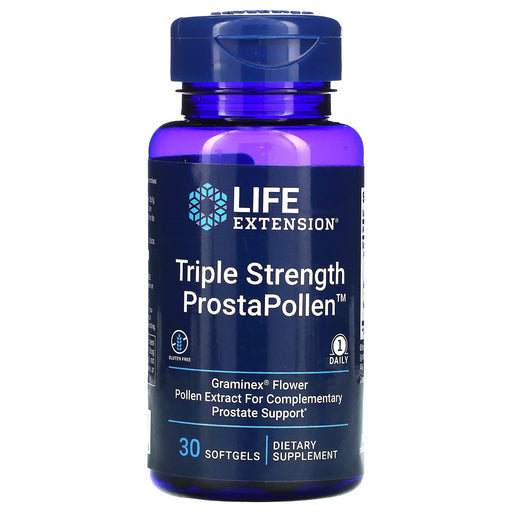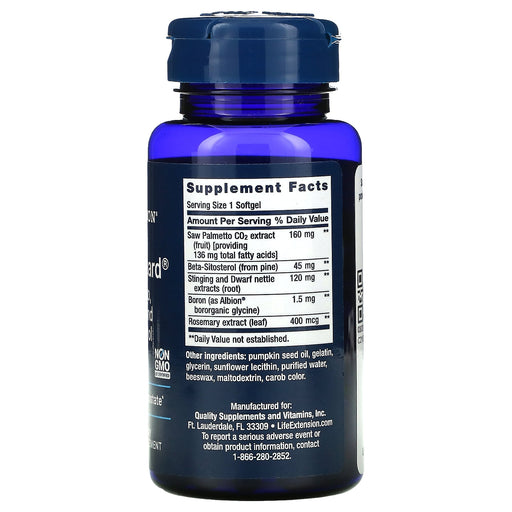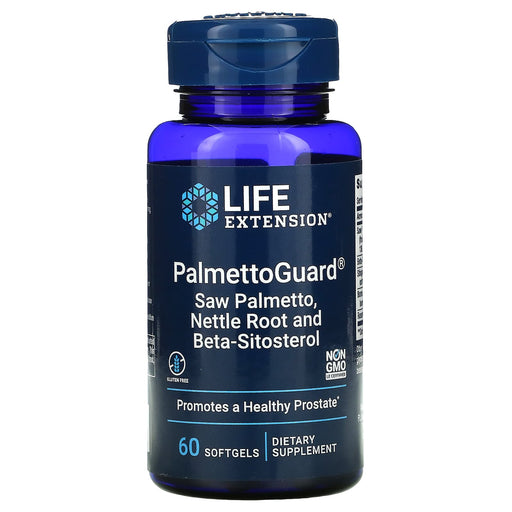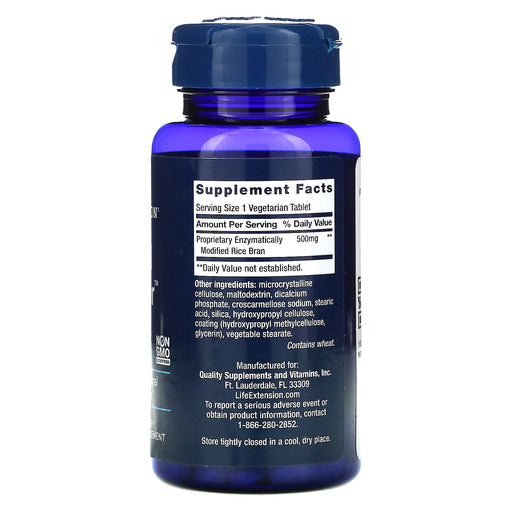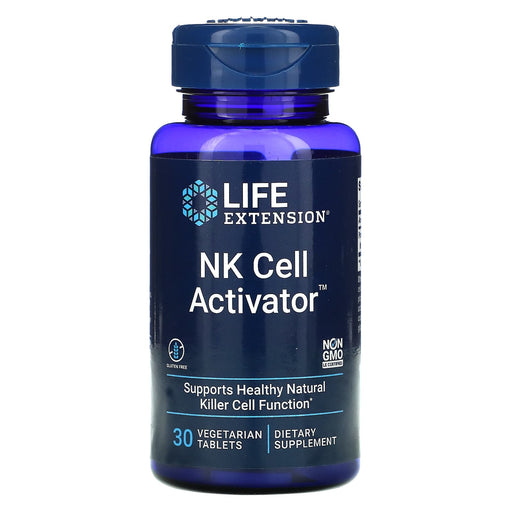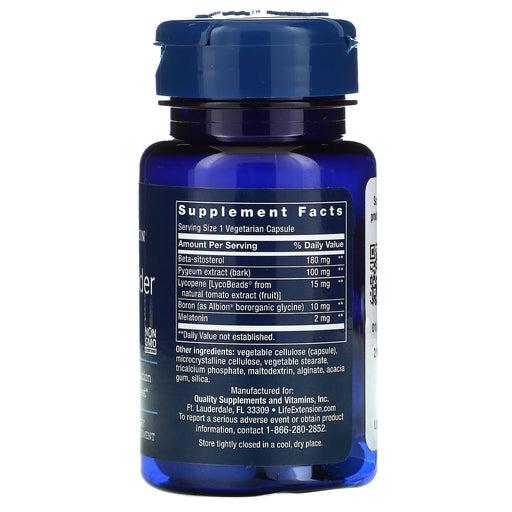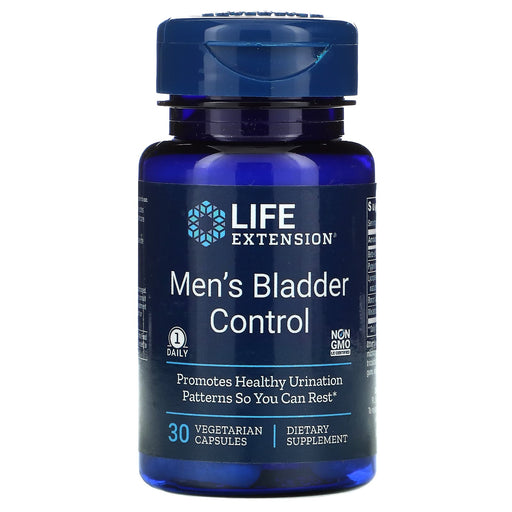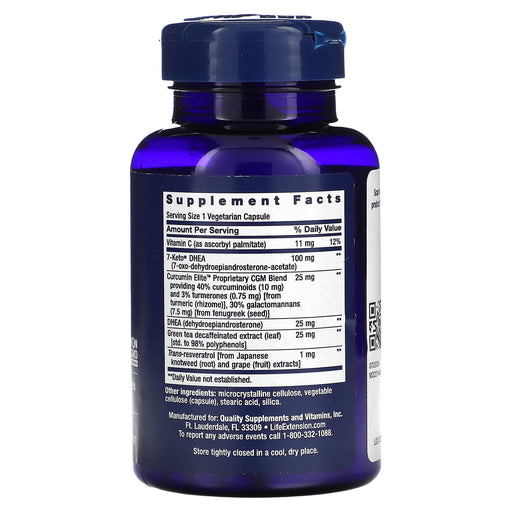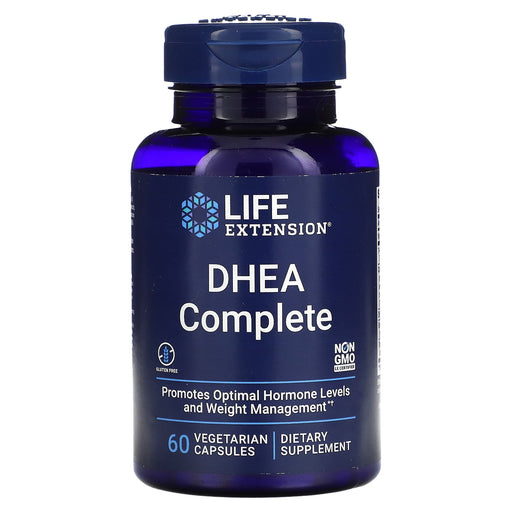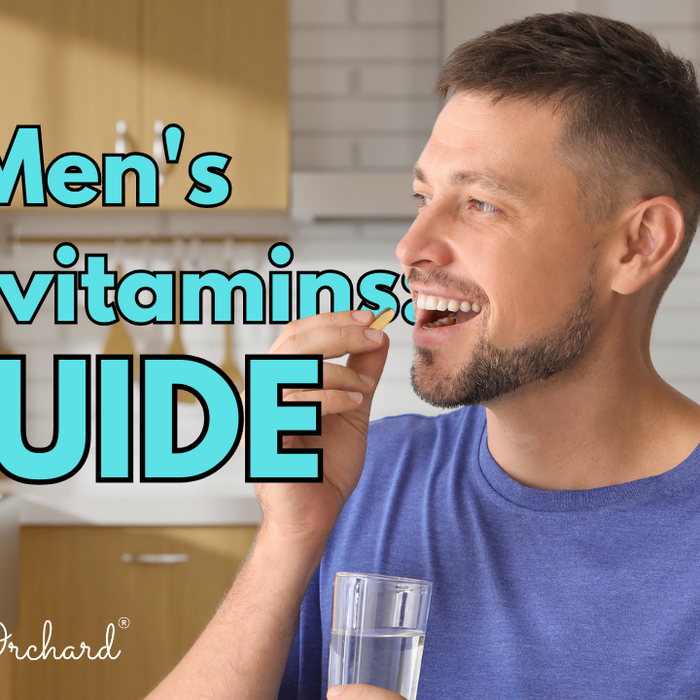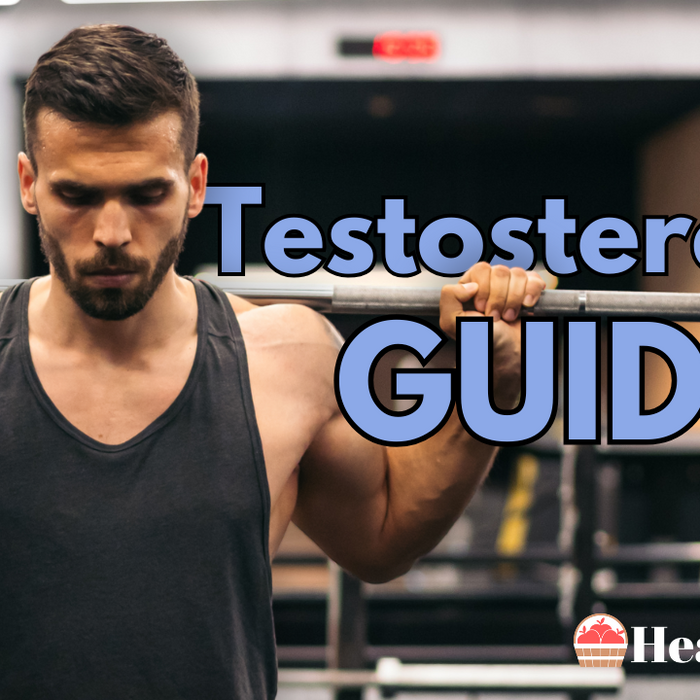
Optimizing Men's Health and Well-Being: A Holistic Approach to Vitality, Performance, and Longevity
Men's health is a multidimensional concept that encompasses physical, mental, emotional, and social well-being. While genetics and lifestyle factors play a significant role in shaping men's health outcomes, a proactive and holistic approach to wellness can help to optimize vitality, enhance performance, and promote longevity. By focusing on key areas such as nutrition, exercise, stress management, and preventive care, men can take control of their health and cultivate a strong foundation for lifelong well-being.
The Pillars of Men's Health and Well-Being
A comprehensive approach to men's health involves addressing several key pillars that contribute to overall well-being and vitality. These pillars include:
- Cardiovascular Health: Maintaining a healthy heart and circulatory system is essential for reducing the risk of heart disease, stroke, and other cardiovascular complications. Key strategies include regular exercise, a balanced diet rich in heart-healthy fats and antioxidants, stress management, and regular check-ups with a healthcare provider.
- Prostate Health: The prostate gland plays a crucial role in male reproductive health, and prostate issues such as benign prostatic hyperplasia (BPH) and prostate cancer become more common with age. Strategies for supporting prostate health include maintaining a healthy weight, consuming a diet rich in fruits and vegetables, and considering targeted supplements like saw palmetto and lycopene.
- Hormonal Balance: Testosterone, the primary male sex hormone, plays a vital role in muscle mass, strength, libido, and overall vitality. As men age, testosterone levels naturally decline, which can impact various aspects of health and well-being. Strategies for supporting healthy testosterone levels include regular exercise, adequate sleep, stress management, and a diet rich in zinc, healthy fats, and vitamin D.
- Mental Health and Stress Management: Men's mental health is a critical component of overall well-being, yet it is often overlooked or stigmatized. Prioritizing stress management, cultivating meaningful social connections, and seeking support for mental health concerns such as anxiety, depression, and substance abuse are essential for promoting emotional resilience and overall quality of life.
- Sexual Health and Function: Sexual health is an integral part of men's overall well-being, and issues such as erectile dysfunction, low libido, and sexually transmitted infections can significantly impact quality of life. Strategies for optimizing sexual health include maintaining a healthy lifestyle, open communication with partners, and seeking medical guidance for any concerns or symptoms.
The Role of Nutrition in Men's Health
A balanced and nutrient-dense diet is the foundation of optimal men's health and well-being. Some key nutritional strategies for supporting men's health include:
- Heart-Healthy Fats: Incorporating healthy fats like omega-3 fatty acids from fish, nuts, and seeds can help to support cardiovascular health, reduce inflammation, and promote overall well-being.
- Antioxidant-Rich Fruits and Vegetables: Consuming a rainbow of colorful fruits and vegetables provides a wide range of antioxidants, vitamins, and minerals that support cellular health, immune function, and overall vitality.
- Lean Protein: Adequate protein intake is essential for building and maintaining muscle mass, supporting healthy testosterone levels, and promoting overall health. Choose lean protein sources like poultry, fish, legumes, and low-fat dairy.
- Zinc-Rich Foods: Zinc is a crucial mineral for men's health, playing a role in testosterone production, immune function, and wound healing. Incorporate zinc-rich foods like oysters, beef, pumpkin seeds, and lentils into your diet.
- Hydration: Staying well-hydrated is essential for overall health, supporting physical performance, cognitive function, and cellular health. Aim for at least 8-10 glasses of water per day, and limit consumption of sugary and alcoholic beverages.
The Power of Exercise and Physical Activity
Regular physical activity is a key component of optimal men's health, offering a wide range of benefits for both physical and mental well-being. Some of the most effective forms of exercise for men's health include:
- Resistance Training: Engaging in regular strength training exercises helps to build and maintain muscle mass, support healthy testosterone levels, and promote overall physical function and resilience.
- Cardiovascular Exercise: Activities like running, cycling, swimming, and brisk walking help to strengthen the heart and circulatory system, improve endurance, and support healthy weight management.
- Flexibility and Mobility Work: Incorporating stretching, yoga, or other mobility exercises can help to improve joint health, reduce the risk of injury, and promote overall physical comfort and well-being.
- High-Intensity Interval Training (HIIT): HIIT workouts, which involve short bursts of intense activity followed by periods of rest, can be a time-efficient way to boost cardiovascular health, increase metabolism, and support overall fitness.
Stress Management and Emotional Well-Being
Effective stress management and emotional self-care are essential for promoting overall men's health and well-being. Some strategies for cultivating mental and emotional resilience include:
- Mindfulness and Meditation: Incorporating mindfulness practices like deep breathing, meditation, or yoga can help to reduce stress, improve focus and clarity, and promote emotional balance.
- Social Connection: Building and maintaining strong social connections with family, friends, and community can provide a sense of belonging, support, and purpose, which are essential for emotional well-being.
- Hobbies and Interests: Engaging in enjoyable activities and pursuing personal interests can help to reduce stress, promote a sense of accomplishment, and enhance overall quality of life.
- Professional Support: Seeking support from a mental health professional, such as a therapist or counselor, can be a valuable tool for navigating life's challenges, developing coping strategies, and promoting emotional well-being.
Preventive Care and Health Screenings
Regular preventive care and health screenings are essential for catching potential health issues early and optimizing men's health outcomes. Some key preventive measures include:
- Annual Check-Ups: Scheduling regular check-ups with a primary care provider can help to monitor key health markers, address any concerns or symptoms, and develop a personalized plan for optimal health and well-being.
- Prostate Cancer Screening: Prostate cancer is one of the most common cancers in men, and early detection through regular screenings can significantly improve treatment outcomes and survival rates.
- Cardiovascular Screenings: Regular screenings for blood pressure, cholesterol, and other cardiovascular risk factors can help to identify potential issues early and guide lifestyle and treatment interventions.
- Mental Health Screenings: Incorporating mental health screenings into routine check-ups can help to identify potential concerns and connect individuals with appropriate support and resources.
Empowering Your Health Journey with a Holistic Approach
At Health Orchard, we are dedicated to providing our customers with the knowledge, resources, and products to support optimal men's health and well-being. Our carefully curated selection of men's health supplements, educational materials, and wellness tools is designed to empower men to take control of their health and cultivate a strong foundation for lifelong vitality and resilience.
Whether you're looking to support cardiovascular health, promote prostate function, enhance physical performance, or optimize your overall well-being, our men's health resources and products can help you achieve your unique goals and thrive in all aspects of life.
Witness the power of a holistic approach to men's health and experience the difference it can make in your journey towards peak vitality, performance, and longevity. Explore our men's health collection today and take the first step towards empowering your health and well-being with science-backed, natural solutions designed specifically for men.
Frequently Asked Questions about Men's Health
1. What are the main health issues for men?
Some of the main health issues that commonly affect men include:
- Cardiovascular disease: Heart disease and stroke are leading causes of death in men
- Prostate health: Prostate cancer and benign prostatic hyperplasia (BPH) are common concerns
- Erectile dysfunction: Can be a sign of underlying health issues like cardiovascular disease or diabetes
- Mental health: Depression, anxiety, and stress can significantly impact men's overall well-being
- Obesity and metabolic disorders: Can increase the risk of chronic diseases like type 2 diabetes and heart disease
- Substance abuse: Alcohol and tobacco use can contribute to various health problems
Regular check-ups, a healthy lifestyle, and early detection are important for managing and preventing these health issues.
2. What is the importance of men's health?
Men's health is crucial because it not only affects individual well-being but also has a broader impact on families, communities, and society as a whole. Some key reasons why men's health is important include:
- Early detection and prevention of chronic diseases can improve quality of life and longevity
- Addressing mental health issues can enhance overall well-being and relationships
- Maintaining sexual and reproductive health can improve intimacy and fertility
- Promoting healthy lifestyle habits can reduce healthcare costs and increase productivity
- Encouraging open communication about health can break down stigmas and support better health outcomes
By prioritizing men's health, we can create a stronger, healthier, and more supportive society for everyone.
3. What should men do to be healthy?
To maintain optimal health, men should focus on several key areas:
- Eat a balanced diet rich in fruits, vegetables, whole grains, lean proteins, and healthy fats
- Engage in regular physical activity, aiming for at least 150 minutes of moderate-intensity exercise per week
- Maintain a healthy weight and body composition
- Prioritize mental health by managing stress, seeking support when needed, and engaging in relaxation techniques
- Get regular check-ups and screenings, including prostate exams and cardiovascular risk assessments
- Practice safe sex and maintain sexual and reproductive health
- Avoid smoking and limit alcohol consumption
- Stay informed about health topics and make informed decisions about healthcare
By adopting these healthy lifestyle habits, men can reduce their risk of chronic diseases and enhance their overall well-being.
4. What is the best natural supplement for men?
The best natural supplement for men depends on individual needs and health goals. However, some natural supplements that may benefit men's health include:
- Saw palmetto: May support prostate health and help manage urinary symptoms associated with benign prostatic hyperplasia (BPH)
- Ashwagandha: An adaptogenic herb that may help reduce stress, improve sleep, and support overall well-being
- Maca: A Peruvian root that may help improve energy levels, mood, and sexual function
- Fenugreek: May support healthy testosterone levels and improve sexual function
- Omega-3 fatty acids: Support heart health, brain function, and may help reduce inflammation
It's essential to consult with a healthcare professional before starting any new supplement regimen to ensure safety and appropriateness for your specific needs.
5. What is the best supplement to take every day?
The best supplement to take every day varies depending on individual needs, diet, and health status. However, a high-quality multivitamin formulated for men can be a good foundation for daily supplementation. A men's multivitamin typically includes key nutrients such as:
- Vitamin D: Supports bone health, immune function, and testosterone production
- Zinc: Essential for male reproductive health, immune function, and wound healing
- Magnesium: Supports muscle and nerve function, energy production, and stress management
- B-vitamins: Important for energy metabolism, nervous system function, and red blood cell production
In addition to a multivitamin, men may benefit from specific supplements based on their individual needs, such as omega-3 fatty acids for heart health or saw palmetto for prostate support. Consulting with a healthcare professional can help determine the most appropriate daily supplement regimen for your specific needs.




